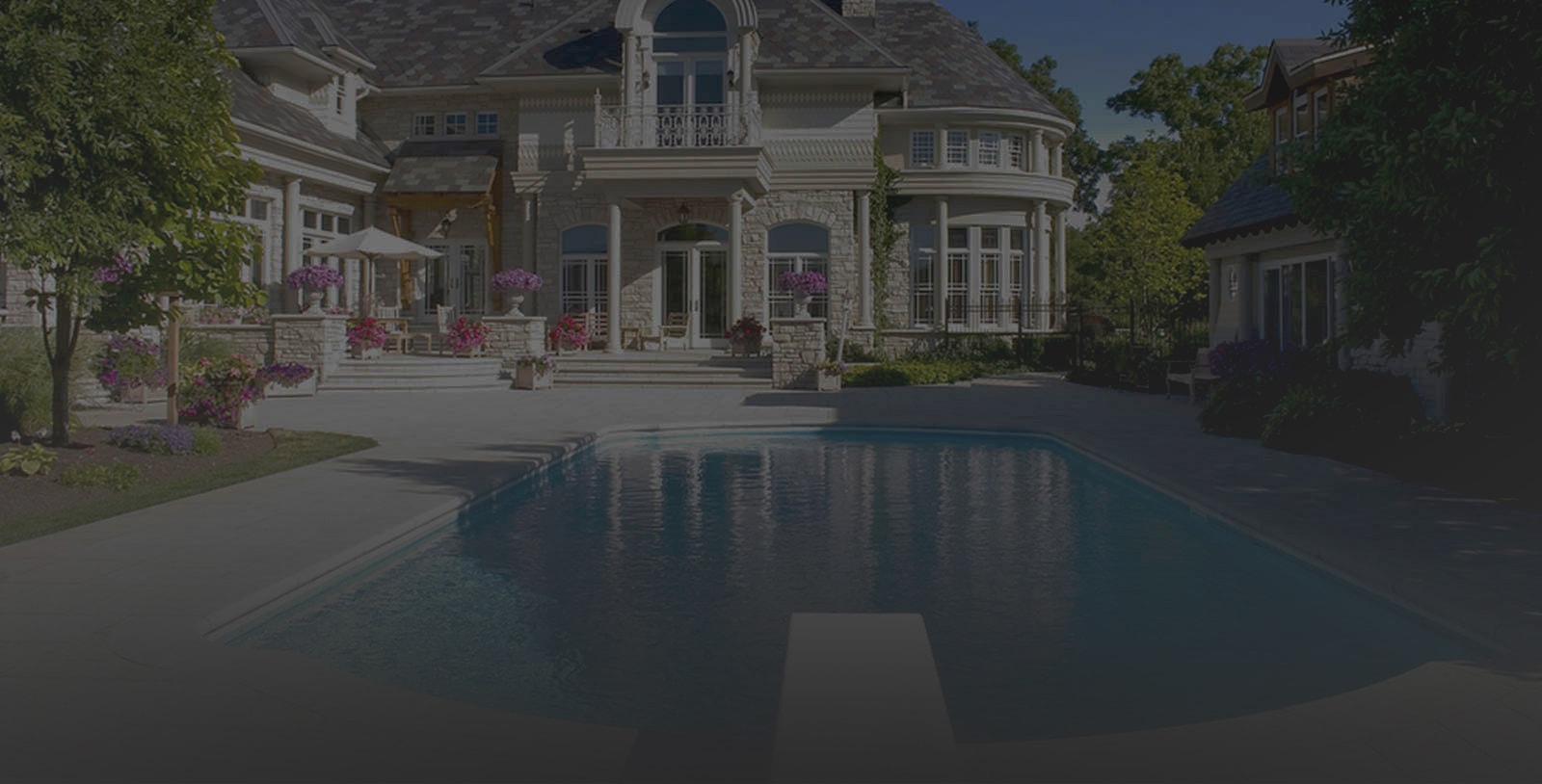Pre-Qualification and Pre-Approval
Many buyers apply for a loan and obtain approval before they find the home they want to buy. Why?
Pre-qualifying will help you in the following ways:
1. Generally, interest rates are locked in for a set period of time. You will know in advance
exactly what your payments will be on offers you choose to make.
2. You won’t waste time considering homes you cannot afford.
Pre-approval will help you in the following ways:
1. A seller may choose to make concessions if they know that your financing is secured. You are
like a cash buyer, and this may make your offer more competitive.
2. You can select the best loan package without being under pressure.
HOW MUCH CAN YOU AFFORD?
There are three key factors to consider:
1. The down payment
2. Your ability to qualify for a mortgage
3. The closing costs associated with your transaction.
DOWN PAYMENT REQUIREMENTS:
Most loans today require a down payment of between 3.5% and 5.0% depending on the type and terms of the loan. If you are able to come up with a 20-25% down payment, you may be eligible to take advantage of special fast-track programs and possibly eliminate mortgage insurance.
CLOSING COSTS:
You will be required to pay fees for loan processing and other closing costs. These fees must be paid in full at the final settlement, unless you are able to include them in your financing. Typically, total closing costs will range between 2-5% of your mortgage loan.
QUALIFYING FOR THE MORTGAGE:
Most lenders require that your monthly payment range between 25-28% of your gross monthly
income. Your mortgage payment to the lender includes the following items:
- The principal on the loan (P)
- The interest on the loan (I)
- Property taxes (T),
- The homeowner’s insurance (I).
Your total monthly PITI and all debts (from installments to revolving charge accounts) should range between 33-38% of your gross monthly income. These key factors determine your ability to secure a home loan: Credit Report, Assets, Income, and Property Value.






